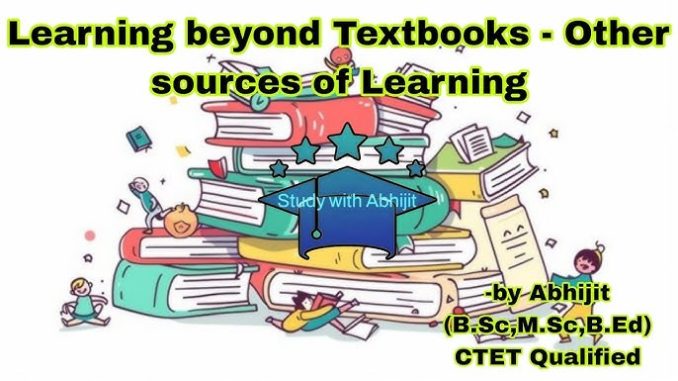
Textbooks have long been the backbone of formal education, offering structure, foundational knowledge, and a standardized approach to learning. But as the demands of the modern world evolve, so too must the ways we acquire and apply knowledge. Learning today is no longer confined to the pages of a printed book. It’s dynamic, interactive, and deeply contextual. To truly prepare for the complexities of business and life, learners must look beyond textbooks and embrace a richer ecosystem of resources that foster critical thinking, adaptability, and real-world insight.
One of the most powerful complements to traditional learning is experience. Whether through internships, project-based work, or entrepreneurial ventures, hands-on engagement allows learners to apply concepts in unpredictable environments. A marketing student might understand the theory behind consumer behavior, but running a campaign for a local business reveals nuances that no textbook can capture. The feedback loop of action and reflection deepens understanding and builds confidence. It’s in the doing—not just the reading—that knowledge becomes wisdom.
Mentorship is another invaluable resource. Learning from someone who has navigated the terrain offers perspective that textbooks often lack. A mentor doesn’t just share facts—they share stories, failures, and lessons learned. These insights help learners anticipate challenges, make informed decisions, and develop a more nuanced view of success. In business, where context and judgment are everything, mentorship bridges the gap between theory and practice. It humanizes the learning process and fosters relationships that can last a lifetime.
Digital platforms have also transformed how we access and engage with information. Podcasts, webinars, online courses, and interactive simulations offer flexibility and depth. They allow learners to explore topics at their own pace, revisit complex ideas, and hear diverse voices. A podcast featuring a CEO’s journey through a crisis can illuminate leadership principles in ways that a case study might not. Online communities further enrich this experience by enabling discussion, debate, and collaboration. These spaces encourage learners to test ideas, ask questions, and learn from peers across industries and geographies.
Reading beyond textbooks—such as biographies, essays, and industry reports—adds texture to learning. These materials provide context, challenge assumptions, and expose learners to different styles of thinking. A biography of a pioneering entrepreneur might reveal the emotional resilience behind strategic decisions. An essay on economic inequality could provoke deeper reflection on business ethics. These readings don’t replace textbooks; they expand them. They invite learners to think critically, connect dots, and develop a more holistic understanding of the world.
Technology also enables immersive learning experiences that were once unimaginable. Virtual reality, augmented reality, and interactive simulations allow learners to step into complex scenarios and make decisions in real time. These tools are particularly valuable in fields like healthcare, engineering, and management, where stakes are high and variables are many. By simulating environments and outcomes, learners can experiment safely, learn from mistakes, and build intuition. This kind of experiential learning accelerates mastery and prepares individuals for the unpredictability of real-world challenges.
Collaboration is another key ingredient in richer learning. Working with others exposes learners to different perspectives, problem-solving approaches, and communication styles. Group projects, cross-functional teams, and interdisciplinary initiatives mirror the complexity of modern business. They teach negotiation, empathy, and adaptability—skills that are rarely emphasized in textbooks but are essential in practice. Collaboration also fosters accountability and shared ownership, encouraging learners to contribute meaningfully and learn from one another.
Reflection is often overlooked but deeply impactful. Taking time to process experiences, articulate insights, and connect learning to personal goals transforms information into understanding. Journaling, coaching conversations, and peer feedback sessions help learners internalize lessons and identify patterns. Reflection doesn’t just reinforce knowledge—it cultivates self-awareness, which is critical for leadership and growth. In a world that moves quickly, the ability to pause and think deeply is a competitive advantage.
Ultimately, richer learning is about integration. It’s about weaving together theory, experience, dialogue, and reflection into a cohesive journey. Textbooks provide the scaffolding, but it’s the surrounding resources that bring learning to life. Businesses and educators that recognize this shift are better positioned to develop talent that is not only knowledgeable but capable. They create environments where curiosity is encouraged, mistakes are embraced, and learning is continuous. And in doing so, they prepare individuals not just to pass exams, but to lead, innovate, and thrive in an ever-changing world.